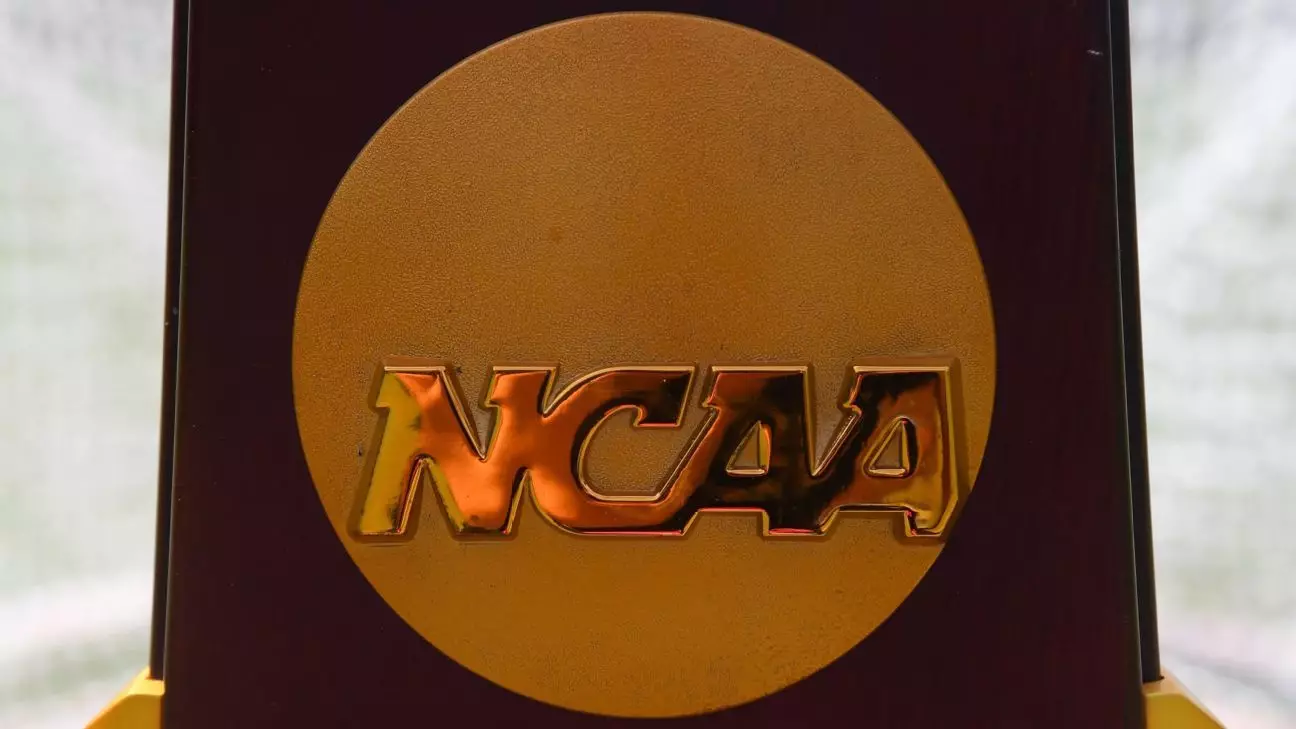The recent decision by the NCAA to halt investigations into booster-backed collectives and other third parties making name, image, and likeness (NIL) compensation deals with Division I athletes has raised eyebrows and sparked debate within the sports community. This move comes on the heels of a courtroom loss and a federal judge’s ruling in an antitrust lawsuit challenging NCAA rules against recruiting inducements. While the NCAA claims this decision is a temporary pause pending further discussions, it has left many questioning the organization’s commitment to upholding its amateurism model.
By instructing its enforcement staff to stop investigating third-party involvement in NIL-related activities, the NCAA is essentially turning a blind eye to potential violations of its own rules. This decision has implications for the integrity of college athletics and raises concerns about the fairness and transparency of the NIL compensation landscape. While the NCAA insists that certain policies related to NIL compensation will still be enforced, the overall message seems to be one of leniency towards rule-breaking behavior.
The involvement of booster-backed collectives in brokering NIL deals for college athletes has been a point of contention for the NCAA. These third-party entities, often managed by marketing agencies, have been instrumental in facilitating lucrative endorsement opportunities for student-athletes. By ceasing investigations into these arrangements, the NCAA is essentially giving a green light to the commercialization of college sports, blurring the lines between amateurism and professionalism.
The NCAA’s reluctance to adapt to the changing landscape of college athletics is evident in its handling of the NIL issue. While other entities, such as state legislatures and the courts, have taken steps to empower student-athletes to profit from their image and likeness, the NCAA has been slow to embrace these changes. Instead of proactively addressing the shifting dynamics of collegiate sports, the NCAA has chosen to cling to outdated notions of amateurism, much to the detriment of the athletes it purports to protect.
The current debate surrounding NIL compensation is symptomatic of larger issues within the NCAA and college sports as a whole. The organization’s reliance on amateurism as a guiding principle is increasingly untenable in a world where athletes are asserting their rights and seeking fair compensation for their talents. In order to preserve the integrity of college athletics and ensure the well-being of student-athletes, the NCAA must embrace comprehensive reform that acknowledges the changing realities of the sports industry.
The NCAA’s decision to halt investigations into third-party NIL deals raises serious questions about its commitment to upholding the principles of fairness, equity, and amateurism in college athletics. By prioritizing its own interests over those of the student-athletes it claims to serve, the NCAA risks alienating key stakeholders and undermining the foundational values of collegiate sports. The time for meaningful reform is now, and the NCAA must rise to the occasion or risk becoming irrelevant in a rapidly evolving sports landscape.


Leave a Reply